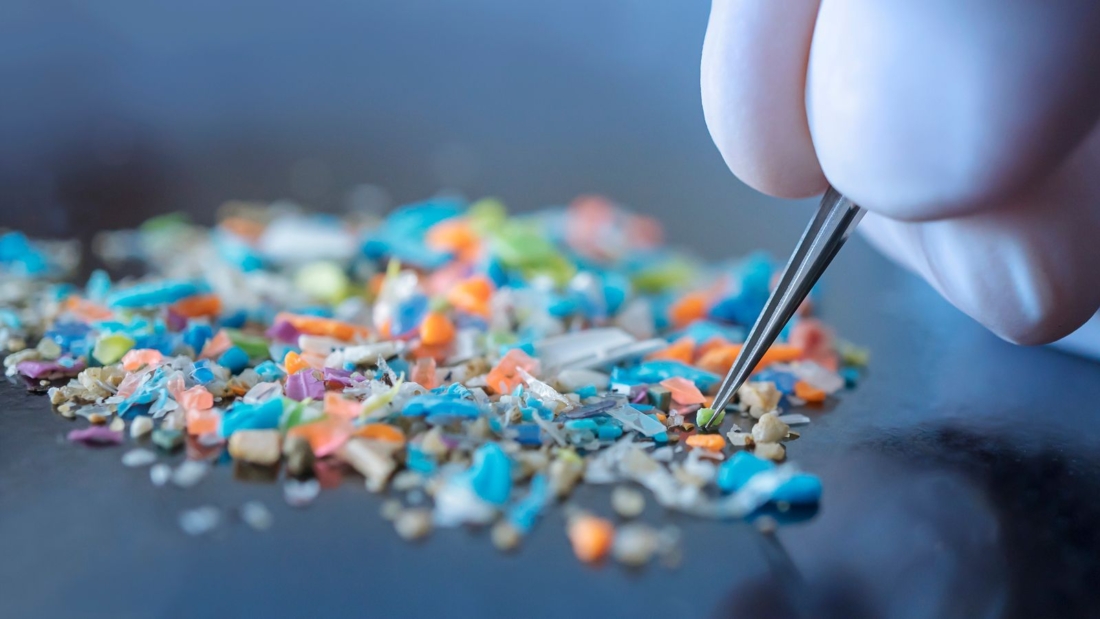7 Ways Plastics Damage the Body
Ronald Grisanti D.C., D.A.B.C.O., D.A.C.B.N., M.S.,CFMP

Plastics (or the chemical name, phthalates) are now considered the number one pollutant in the human body. They make products flexible, durable, and these chemicals are also in items you would not consider to be plastics, like pesticides, detergents, cosmetics, medications, or your shampoo. They are found everywhere. It is difficult to completely avoid them.
You can live in the most pristine place on planet earth and still find animals polluted with plastics.
It is an interesting fact that plasticizers are over 10,000 to 1,000,000 times higher in our bodies than any other toxins that have been found in EPA studies.
Unfortunately once in the body, these plastics do enormous damage.
7 Ways Plastics Damage the Body
1: Phthalates damage the chemistry of fatty acids most importantly, the fatty acid, DHA (docosahexaenoic acid). This is the fundamental chemistry necessary for making every cell lining or membrane. These fatty acids are the foundation for brain health including memory and recall.
2: Phthalates can create a zinc deficiency which will compromise the metabolism of vitamins A and B-6. In turn this could lead to conditions such as indigestion, depression, heart disease, cancer, diabetes, and accelerated aging.
As a quick side note the combination of low zinc and low DHA can lead to chronic inflammation. Medical literature has clearly identified chronic inflammation as one of the most common underlying pathologies of most diseases leading to auto-immune diseases (rheumatoid arthritis, MS) to cancer and heart disease.
3: Phthalates has been found to be responsible for damaging the pancreas leading to diabetes, insulin resistance and metabolic syndrome X.
4: Phthalates has been found to lower sulfation. This means that you are no longer able to effectively detoxify like you should. This in turn can lead to a whole host of health challenges.
5: Phthalates damage hormone function, especially thyroid and testosterone.
6: Phthalates can poison the peroxisomes needed for the control of the chemistry of cholesterol. They can cause high cholesterol while at the same time keep cholesterol from forming the “happy hormones” (neurotransmitters) of the brain.
7: Phthalates can damage the body’s ability to make catalase. Catalase is absolutely essential for devouring up the hydrogen peroxide that cancer cells make to allow them to metastasize or wildly spread throughout the body. Lack of catalase is a reason why many cancers briefly seem to be in remission after treatments, only to resurface months or years later with lethal consequences.
These are only 7 of the devastating effects of plastics in our bodies. Many diseases will never be cured until the phthalates are out.
Reference:
Rogers S, Detoxify or Die, Prestige Publishing, 2002
Original Article: https://www.functionalmedicineuniversity.com/public/919.cfm

